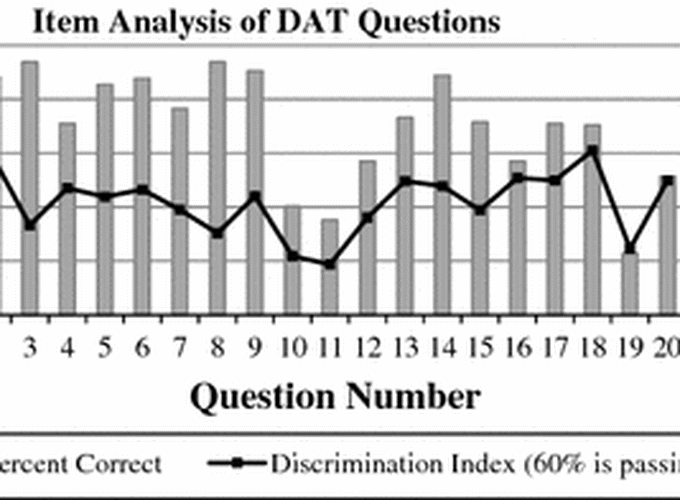A genetically optimized predictive system for success in general chemistry using a diagnostic algebra test
Abstract
In higher education, many high-enrollment introductory courses have evolved into “gatekeeper” courses due to their high failure rates. These courses prevent many students from attaining their educational goals and often become graduation roadblocks. At the authors’ home institution, general chemistry has become a gatekeeper course in which approximately 25% of students do not pass. This failure rate in chemistry is common, and often higher, at many other institutions of higher education, and mathematical deficiencies are perceived to be a large contributing factor. This paper details the development of a highly accurate predictive system that identifies students at the beginning of the semester who are “at-risk” for earning a grade of C- or below in chemistry. The predictive accuracy of this system is maximized by using a genetically optimized neural network to analyze the results of a diagnostic algebra test designed for a specific population. Once at-risk students have been identified, they can be helped to improve their chances of success using techniques such as concurrent support courses, online tutorials, “just-in-time” instructional aides, study skills, motivational interviewing, and/or peer mentoring.
